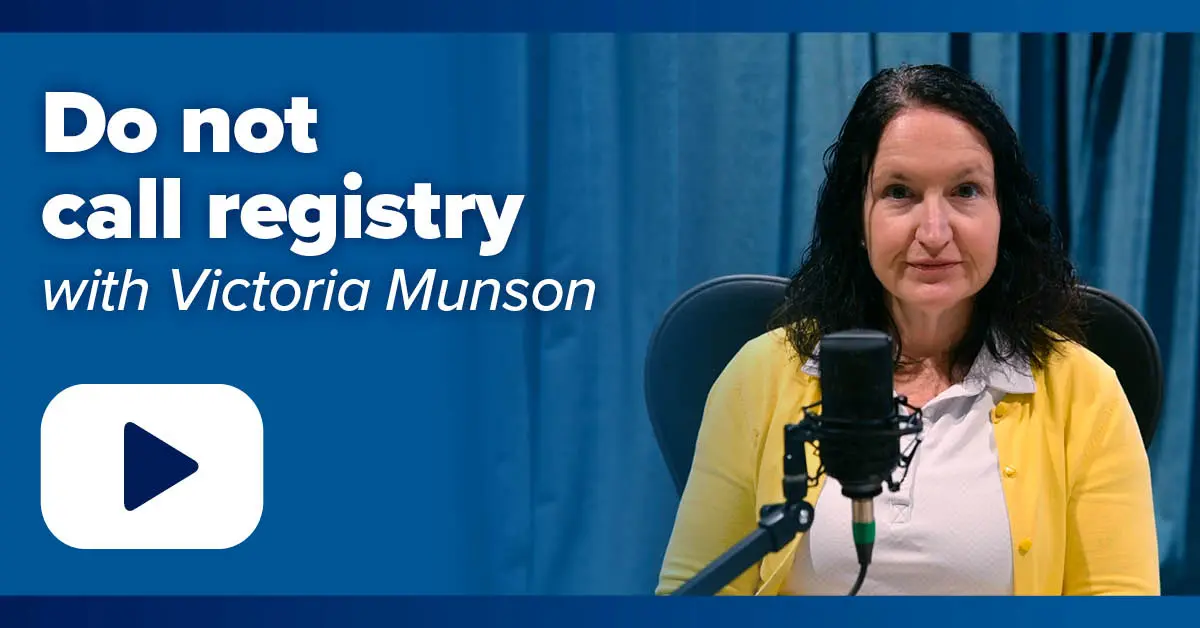Meenu Bhaskar believes a business plan is the most important tool a REALTOR® needs to run a successful business year after year.
“That roadmap gives you a clear vision with financial projections, plus it helps you target the markets,” says Bhaskar, broker at Keller Williams Revolution in Bloomington. “If you really act on your own with no roadmap, you won’t achieve your goals. In my goal planning, I focus on where my business is coming from first.”
REALTORS® who previously had 9 to 5 jobs can struggle with setting financial goals. They received a regular paycheck, had all the taxes taken out for them, and knew exactly what they would be making each week.
“They never had to worry about mileage and home office expenses, or saving for taxes,” says Greg Antipoff, founder of InSource CPA in Waterford, Conn.

Meenu Bhaskar
He’s known as The Real Estate Accountant, working strictly with real estate agents. In February, he’s again offering a four-week NAR Center for REALTOR® Financial Wellness 2025 Tax Summit online every Wednesday. One of his sessions is titled — Keep More of Your Paycheck: Tax Strategies for Agents.
“This is an industry that you are dealing with a product that isn’t yours, and even arguably, the customer base is not yours,” he adds. “You are always starting out with new customers. We always have to think of the things we do in our business that gets us to the closing table that’s different from others.”
“Even without all the drastic changes in our real estate industry lately, if you don’t have a plan, you do plan to fail. You have to start looking at what ponds you will be fishing in, and what kind of bait you will be using.”
Courtney Jones
How to Start Goal Planning
Courtney Jones tells his agents—new and experienced—that a business plan is a necessity, and it will give them a rough idea of the potential income for the year.

Courtney Jones
“It shows you the kind of activity and behavior that leads to outcomes. You go back and look at your monthly transactions and compare to your monthly activities,” says Jones, president of Jones Receiverships, LLC, and co-Principal of RE-CHRG, Inc. in Chicago. “By looking back, you can see if you were active enough in certain areas, what to stick with and what to remove for next year.”
Jones feels his degree in finance and his former management career at Morgan Chase in New York gives him the background to understand financial ups and downs, especially those in this ever-changing industry.
“Even without all the drastic changes in our real estate industry lately, if you don’t have a plan, you do plan to fail,” he adds. “You have to start looking at what ponds you will be fishing in, and what kind of bait you will be using.”
To help Bhaskar with her business planning, she continually checks what the Federal Reserve is doing with interest rates and what rates might do next year.
“If it’s going to rise day after day, it will have a definite effect for me on my buyer’s side,” she adds. “I also pay attention to the economics of my town – how many houses are being closed on and how many are coming onto the market. But the goals and economic growth have to be customized to your local area.”
Sometimes, REALTORS® can’t focus on how to even begin goal planning. That’s when they need to seek help from either their managing broker, their accountant, a mentor, or their nearby Small Business Development Center.
“Many people often say they have all these great ideas, but it’s difficult to put those down on paper with things bouncing around in their heads,” says Eric Sampson, director of the Illinois Small Business Development Center (SBDC) located at Bradley University in Peoria. He also held a Florida real estate license for 13 years.
Sampson says there is a nationwide network of SBDCs with 40 centers in Illinois – over 1,000 in the country. The SBDC also offers online help such as a step-by-step business plan workbook.
“Committing things to paper can show what a REALTOR® brings to the table that is special and unique,” he adds. “A plan relieves some of the mental burden. Then, put it in practice. Prioritize the activities that benefit your success and don’t get caught up in the details.”

Eric Sampson
He admits things will change. So, reviewing and updating the business plan, at least monthly or quarterly, will keep the things moving smoother.
Bhaskar came into the business in 2002 to a company that offered her a mentor, manager, and trainer, who all helped her in her success.
“Whatever I am today is because of all three of them,” she says. “At the time, no one talked about coaches, but they were holding my hand and guiding me through every step. Every new agent now needs a coach. A coach can set you apart from the others, and they will guide you to the right direction in what you need to know.”
“If you really act on your own with no roadmap, you won’t achieve your goals. In my goal planning, I focus on where my business is coming from first.”
Meenu Bhaskar
How to budget for the new year
Antipoff believes REALTORS® should use a minimum of four bank accounts with separate uses to handle their finances and bills in a strategic way that can help make doing taxes so much simpler.

Greg Antipoff
He says 40 percent of your income should go into a personal checking account to pay for your housing, food, and other living expenses, along with saving up for a six-month emergency fund.
“There’s a lot of uncertainty in this business with interest rates, lack of inventory, and more. There’s a lot you can’t control,” he adds.
Thirty percent pays for all your business expenses including marketing, brokerage splits, coaching, lead generation expenditures, dinner with clients, etc.
Twenty percent will strictly be there for your future taxes. “Take this amount right off the top of all your income,” he says. “Usually, the first surprise for someone self-employed is a tax bill.”
The last 10 percent goes toward an investment savings account. As it grows, this can be moved to mutual funds or other retirement funds, to buy an investment property or a home to live in, or whatever you need to move the next step in life or business.
How to make the plan fluid and work for you
For Bhaskar, she puts a lot of details into her plan. But she always puts her family time in her goal planning.
“My husband and I plan a getaway for vacation every three months, and twice a year, we go out of the country,” she adds. “I learned how important this part of my life is. There is life beyond your work. I learned the hard way. The first 10 years, it was all about my client. I learned the balance.”
Throughout her plan, she writes down the time it takes to work with a client and that includes everything from the buyer consultation to inspections, to showings, to closings.
“The timeframe is so important. We have so many steps before you get your check. For every client I pick up, I put a six-month time frame, but not with the sellers. With sellers, it’s a two to three months before you get the check,” she adds.
She feels her goals are very clear – she reaches out through phone calls or through social media to see how they are doing.
“I want to know what is going on in their lives. I try to get to as many people as I can. So, I divide the task up first monthly then weekly to spread out the effort,” she comments.
Sampson says next year’s goal planning can be broken down into specific categories:
- General description of your business.
- Marketing plans.
- The competition.
- Your value proposition.
- Operations – How do you deliver the things you are trying to do?
- Personnel – Do you need a transaction coordinator, or someone else to help in your business?
- Financials – Keeping score of the money and understanding what it takes to make projections and to improve your net worth.
- Executive summary – It’s the main ideas of each of those components put together. It can be as brief as an outline, but needs enough detail to highlight what is special about your business and how your clients benefit.
Goal Setting Action Steps
A well-thought-out business plan gives you a roadmap to follow for the year.
Evaluate the things you are doing that work and eliminate the ones that don’t.
Pay attention to the economic and market trends specific to your community.
Your business plan should not be “fix it and forget it.” Re-evaluate it monthly and quarterly.
Consider getting a coach to help you formulate your business plan.
Use the 40-30-20-10 rule for your income: Earmark 40 percent for personal/living expenses, 30 percent for business expenses, 20 percent for future taxes and 10 percent in an investment savings account.
Schedule family time in your business plan too – vacation, downtime, etc.
Be realistic about the timeframes necessary to be paid by both sellers and buyers and outline that in the plan.
















